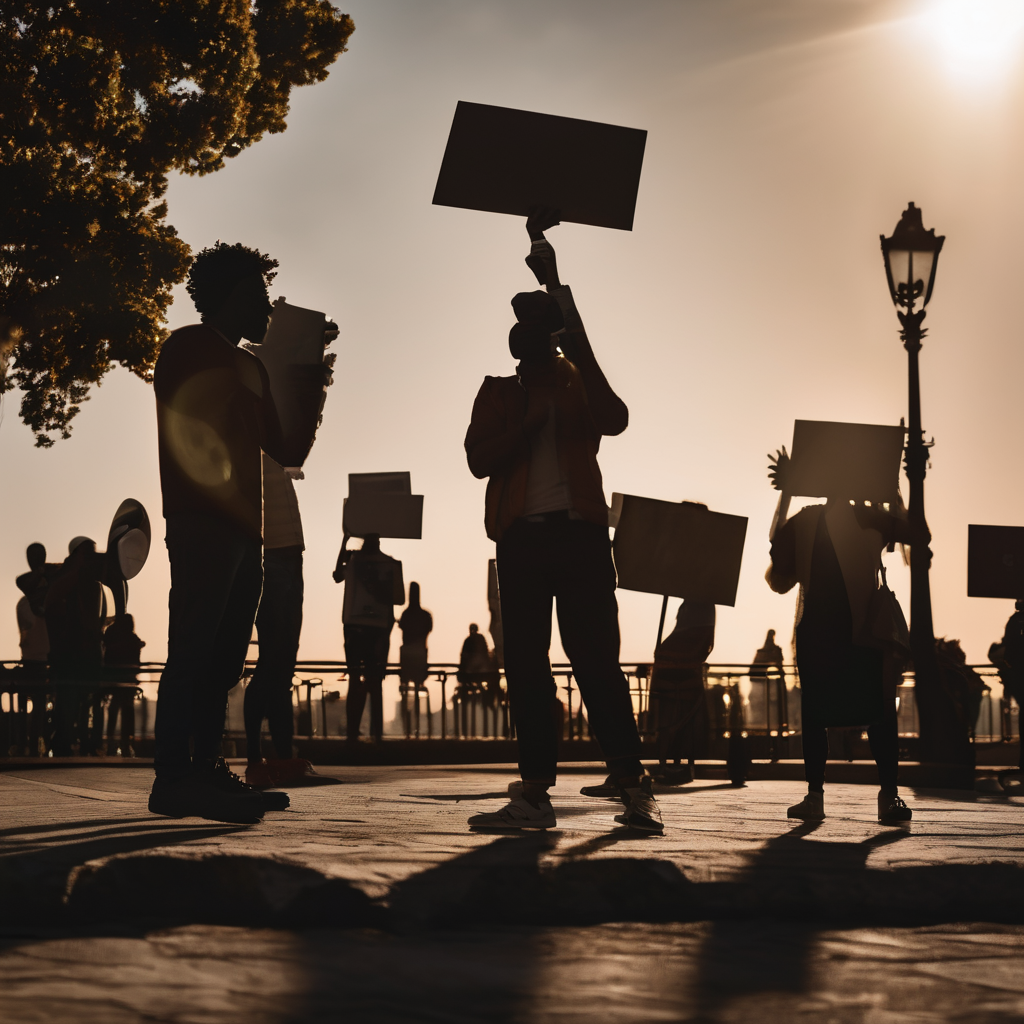Over 130 individuals suspected of being in the U.S. illegally were apprehended in Charlotte, North Carolina, during the weekend as part of a heightened nationwide deportation initiative championed by President Donald Trump. The operation, which focused on undocumented migrants, involved significant activity from U.S. Border Patrol agents, as confirmed by Rob Brisley, a spokesperson for U.S. Customs and Border Protection.
Details about the operation remain limited, and the duration of its continuation in Charlotte is unclear. Local leaders, including Democratic Mayor Vi Lyles, reaffirmed their commitment to upholding the constitutional rights of all residents and described ongoing efforts to support affected communities while navigating the complicated legal landscape.
The immigration crackdown has triggered numerous peaceful protests throughout Charlotte, with notable walkouts by students from East Mecklenburg High School highlighting community unrest. Videos circulating on social media depict agents forcibly detaining individuals, raising concerns among residents and advocates alike.
In light of escalating tensions, some Latino-owned businesses have temporarily closed. Charlotte, recognized as one of the fastest-growing cities in the U.S., has become a magnet due to its thriving job market in finance, technology, and logistics. The aggressive enforcement of federal immigration policies has been a recurring theme throughout Trump’s administration, often precipitating similar actions and protests in Democratic-led cities like Los Angeles and Chicago.
Governor Josh Stein of North Carolina has condemned the operations in Charlotte, alleging that heavily armed agents employed racial profiling in their efforts. The Department of Homeland Security stated that these recent raids were a direct response to local authorities’ refusal to comply with multiple requests for the extended detention of suspected individuals for federal immigration enforcement.
Advocates for immigration reform are urging a more compassionate approach, stressing the importance of preserving the dignity and rights of individuals entangled in the immigration process. With ongoing protests illuminating the critical need for dialogue around immigration policies and human rights, there remains hope that these events may act as a stimulus for broader discussions aimed at reforming the treatment of immigrants and the enforcement of immigration laws.
